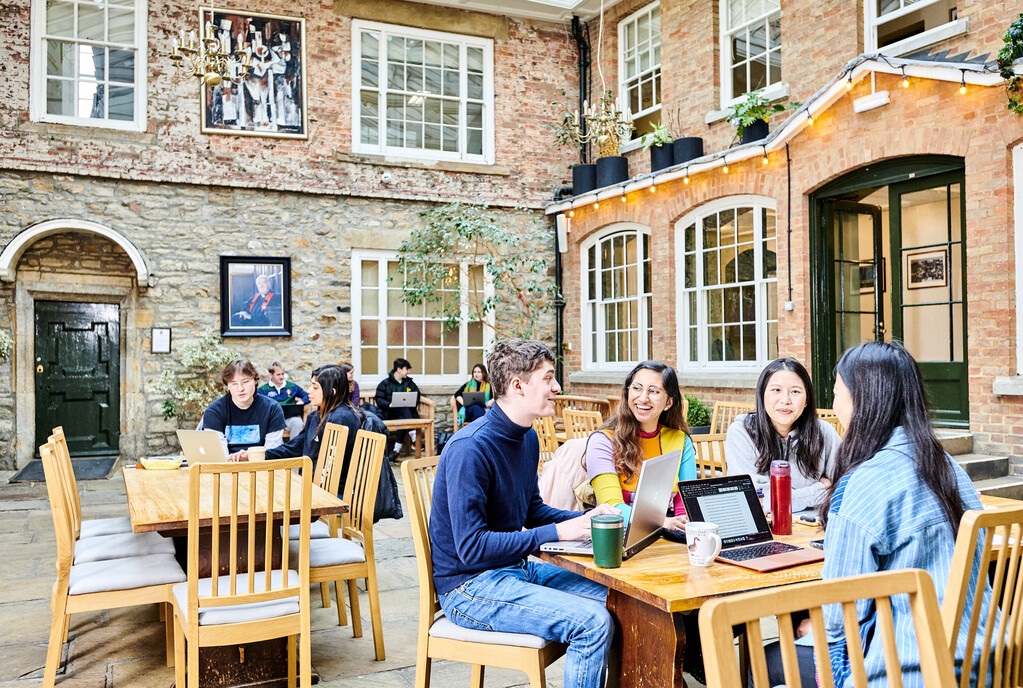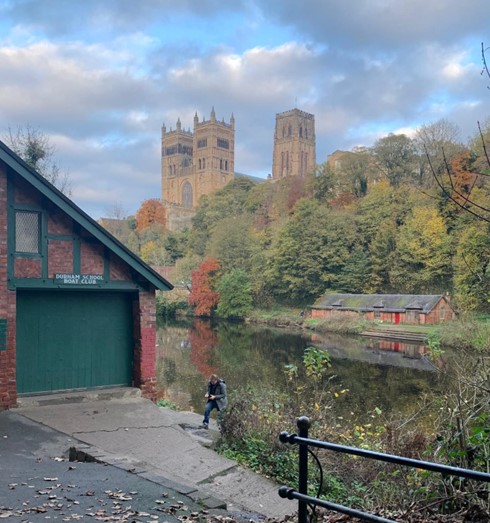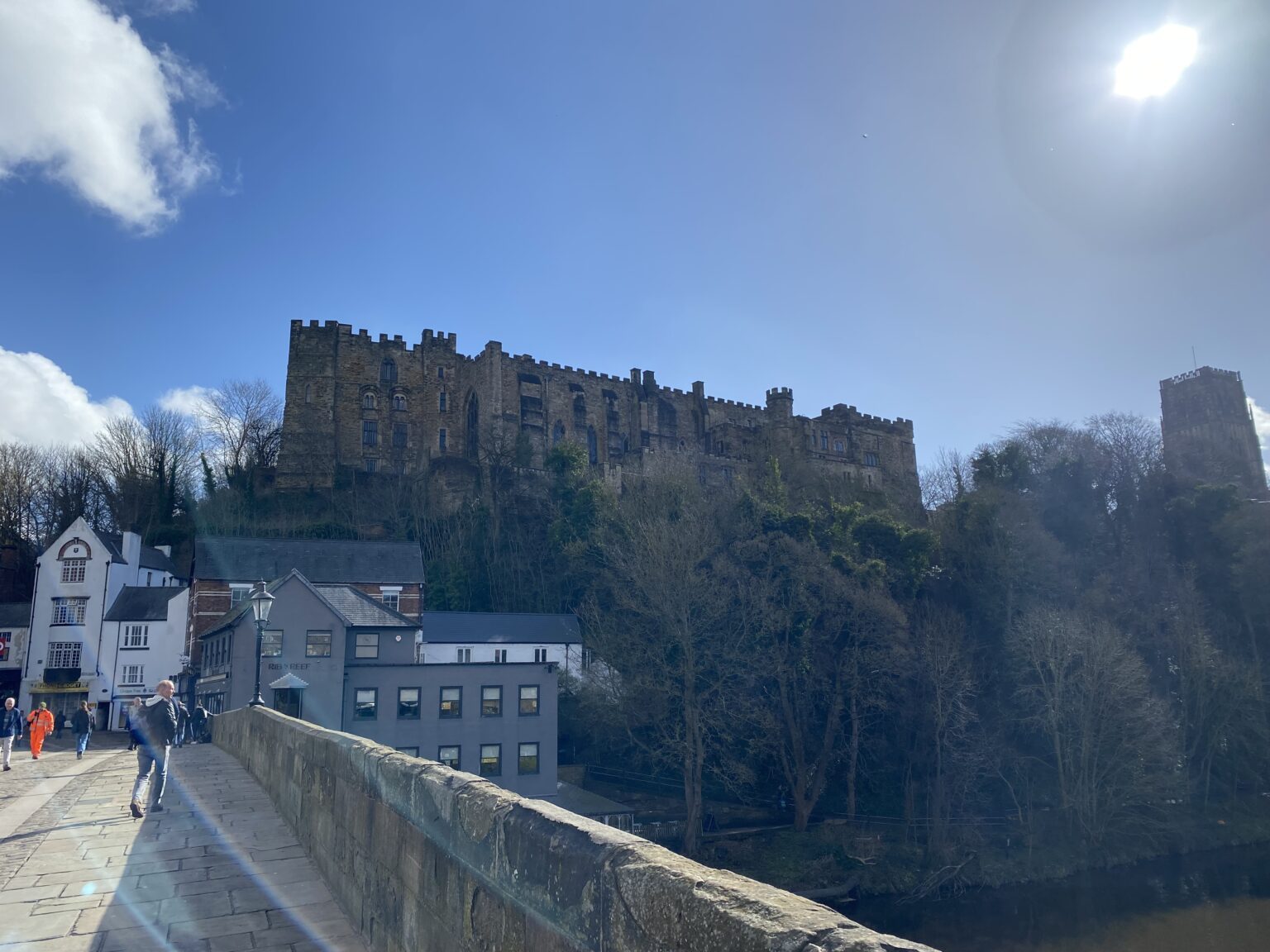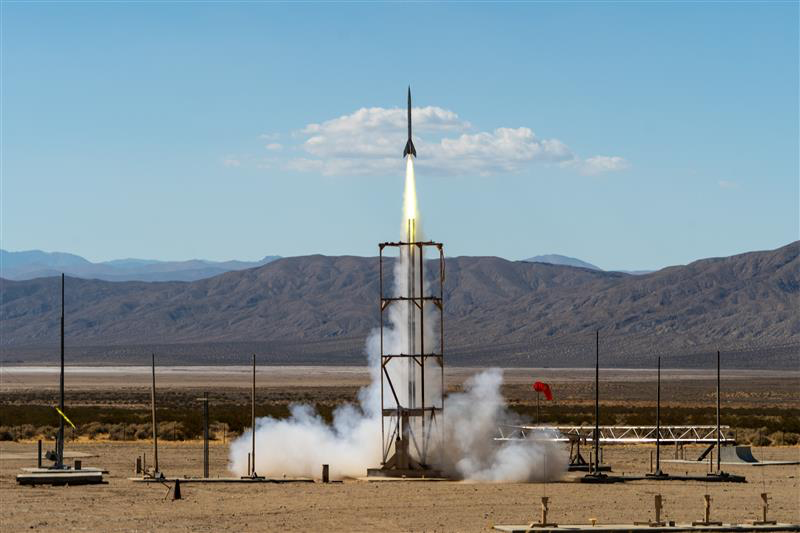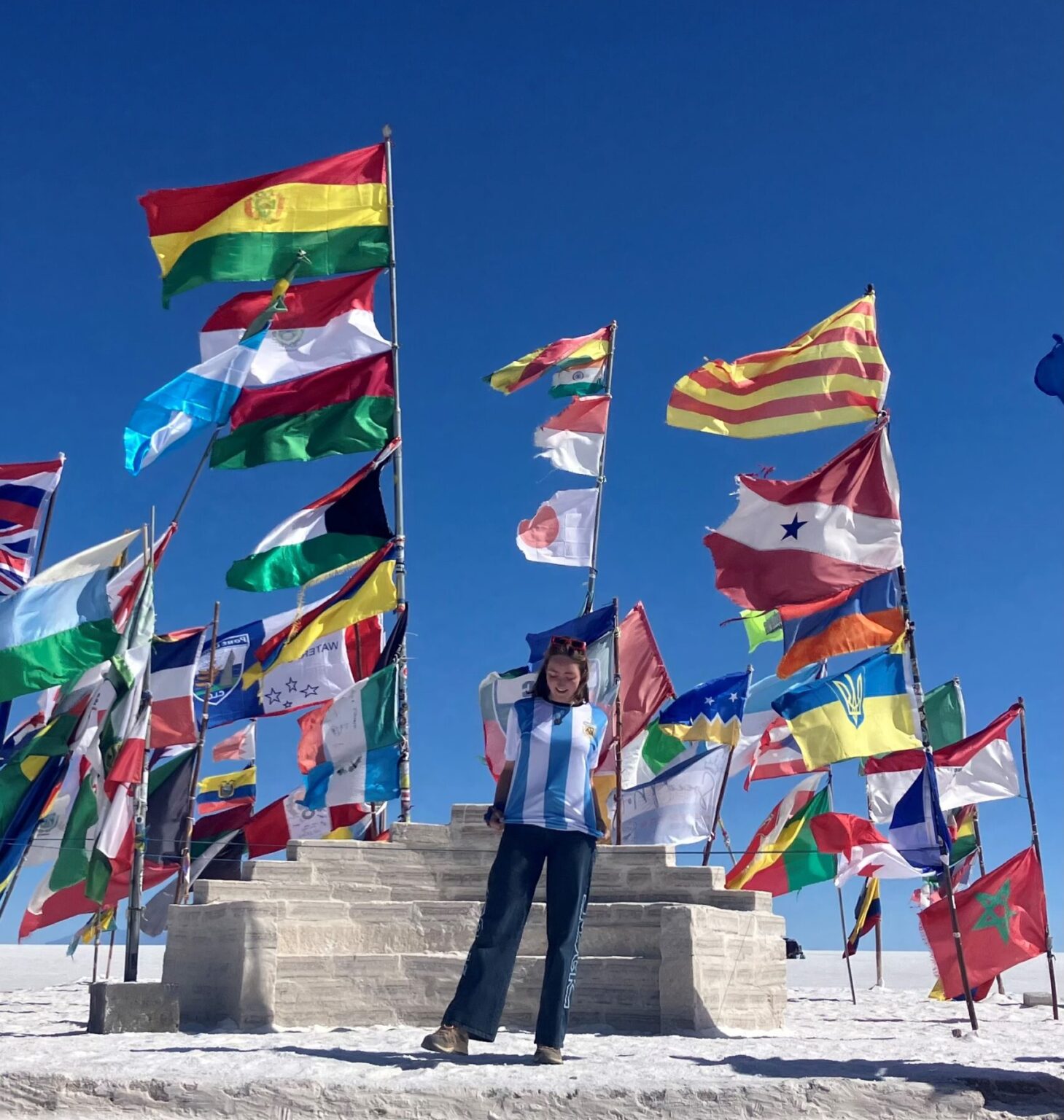In 2019, my undergraduate thesis advisor forwarded a communication from the Boston University fellowship office containing information about the Fulbright Program. You should apply, he said. It took me a while to work up the courage to put together an application packet, but with a lot of grit, supplemental research, and rounds of revisions, it came together. And what’s more–I decided to apply with an ambitious project that dealt with the US and UK labor movements simultaneously, a transnational history of the strike idea stretching from 1865 to 1914. It was bold, big, and ambitious. I had no background whatsoever in British history and had never been to Britain at all. Yet there I was, trying to make a case for myself and for a project involving extensive archival research to secure admission and the requisite funding to study for a masters abroad.
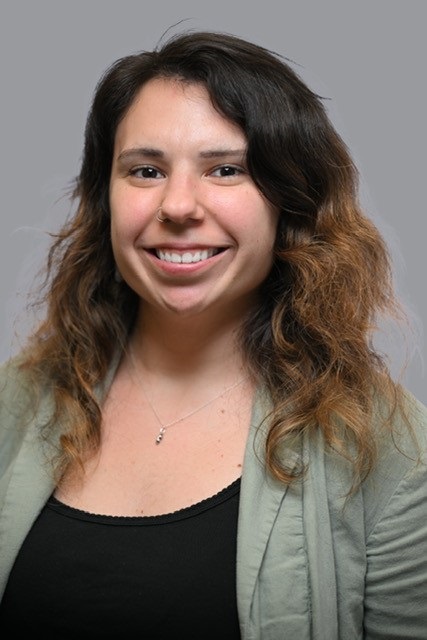
Durham was the perfect place for my studies
Before I found Durham, I found my advisor: Professor Jennifer Luff, an expert on US-UK transnational labor politics and working-class conservatism. But as I dug further into Durham’s course offerings, associated faculty, centers, and college system, I felt I had struck gold. Alongside Northeast England’s complicated history–steeped in labor radicalism and conflict, especially in the coal fields–I knew there was no better place to study workers and trade unionism.
No amount of internet research and YouTube vlogs could prepare me for Durham proper, though: the mixing of students across degree levels and national backgrounds in College accommodation, the MCR board game and movie nights, the way the peninsula comes alive with church bells on Sundays. Housed in a charming cathedral city just fifteen minutes from Newcastle by train, Durham University offers so much opportunity it is hard not to take advantage. And with so many layers of support–through your programme and especially through your College–you will find exactly the right people to help you do it.
I learned so much more at St Chad’s MCR
I got involved with St. Chad’s College Middle Common Room (MCR), and this is where I concentrated the bulk of my energy outside of academics. As the MCR’s chief academic officer and a member of the social committee, I organized paint & sip picnics, Thanksgiving dinners, and movie nights. I edited the St. Chad’s research journal and hosted academic research forums. I learned about Elizabethan portraiture, the interplay between technology and authoritarianism in Africa, imposter syndrome in the music community. I met poets, theologians, visiting scholars from Ireland, College governors. Our MCR was particularly international as well–more than half of the 2022-2023 executive board came from countries outside of the UK–so English was not the only culture I wound up experiencing and learning about at Durham. Chinese friends introduced me to hotpot and Lunar New Year traditions, Trinidadian friends to brown chicken stew and Caribbean curry powder. I was getting so much for what felt like so little: a masters degree, all this supplemental knowledge, networking opportunities, lifelong friendships, and homemade egg and chive dumplings to boot.
As an international student, Durham offered not only a degree program but an experience–and a transformative one at that.
Discover more
Durham is proud to be a longstanding partner of Fulbright. Applications for 2024 are currently open and close 10 October 2023. The award is for US citizens and offers a one-year Masters or higher research programme.
Fulbright Durham University Award – Durham University
Find out how to apply for the Fulbright scholarship at Durham here


